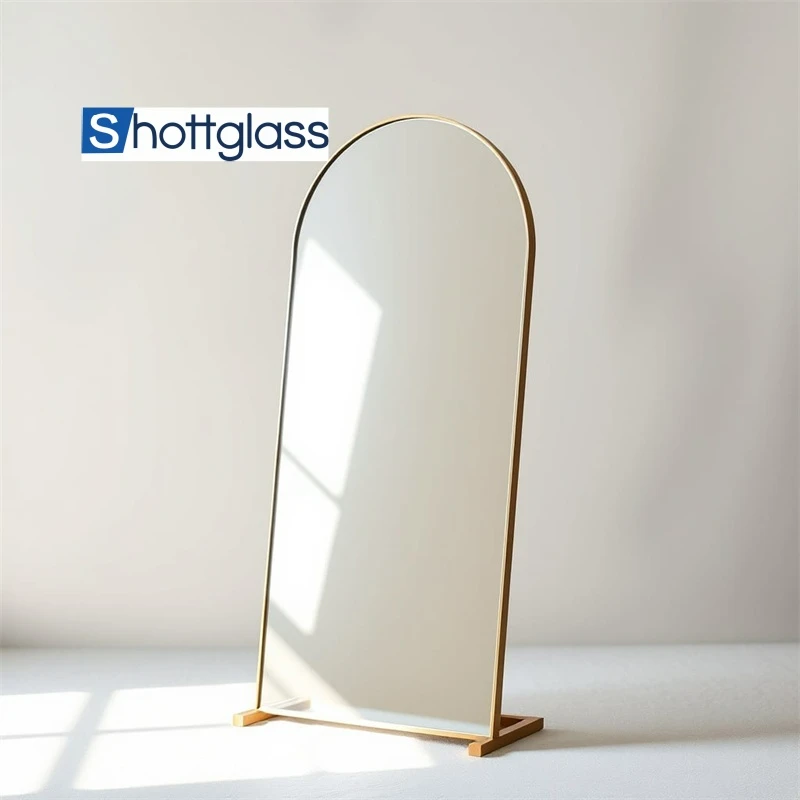Sep . 03, 2024 21:18 Back to list
obscure glass
The Enigma of Obscure Glass
In the realm of design and architecture, the term obscure glass evokes a sense of mystery and intrigue. Unlike regular glass, which allows transparent views into what lies beyond, obscure glass serves to create a veil of secrecy. It provides a delicate balance between privacy and light, weaving together the elements of function and artistry. This characteristic has made it a favored choice in various settings, from residential homes to commercial spaces.
Obscure glass is typically treated through various techniques such as acid etching, sandblasting, or the use of textured patterns. These methods alter the surface of the glass, scattering light in unique ways, which results in a distortion of images viewed through it. This transformative quality can turn an ordinary piece of glass into an artistic focal point. For instance, imagine a bathroom adorned with sandblasted glass panels. They not only serve the practical purpose of offering privacy but also create a visual aesthetic that can enhance the entire space.
One of the compelling aspects of using obscure glass is its ability to filter light. Natural sunlight is one of nature’s most invaluable resources, yet direct exposure can sometimes be overwhelming, leading to glare and discomfort. Obscure glass provides a solution by softening and diffusing this light. As it enters a space, the light takes on a gentler quality, transforming a stark environment into a warm and inviting sanctuary. This quality is particularly beneficial in areas such as offices and healthcare facilities, where maintaining a soothing ambiance can significantly enhance overall well-being.
obscure glass

In architectural applications, obscure glass plays a crucial role in maintaining the equilibrium between openness and seclusion. Take, for example, the design of an office building. Large, transparent windows can foster a connection with the busy world outside, yet they can also compromise the privacy of employees. Incorporating obscure glass within partition walls or conference rooms allows for light to permeate the space while simultaneously safeguarding confidentiality. Such design choices can lead to a more productive and comfortable work environment, where individuals feel both connected and protected.
Furthermore, obscure glass has an artistic dimension that deserves recognition. Artists and designers have long explored its potential, using it to create stunning installations that provoke thought and emotion. In contemporary art, obscure glass works can symbolize barriers, secrets, and the intricate layers of human experience. These pieces challenge viewers to question what lies beyond the visible and to appreciate the beauty of the unseen.
As we delve deeper into the world of obscure glass, it becomes clear that this material is more than just a utilitarian product; it is a canvas for creativity, a tool for enhancing living and working environments, and a protector of privacy. Whether used in a residential bathroom or as a crucial design element in a bustling office, obscure glass invites us to explore the delicate interplay between light and shadow, transparency and secrecy. Ultimately, the enigmatic allure of obscure glass lies not only in its functionality but also in its capacity to inspire and evoke a sense of wonder in those who encounter it.
-
Sustainable Practices in a Modern Coated Glass Factory
NewsAug.07,2025
-
Insulated Glass Unit Installation Best Practices and Tips
NewsAug.07,2025
-
Frosted Glass Types and Custom Solutions for Sale
NewsAug.07,2025
-
Current Clear Float Glass Price Trends in Global Markets
NewsAug.07,2025
-
Comparing Different Types of Laminated Glass Performance
NewsAug.07,2025
-
Best Anti Fog Bathroom Mirror Solutions for Humid Climates
NewsAug.07,2025
Related PRODUCTS














